Blocks such as the European Union should expand restrictions on purchases associated with deforestation and other impacts in tropical countries.
Philip Fearnside and Lucas Ferrante, both researchers at the National Amazon Research Institute (INPA), argue that the European Union and China should no longer buy soy and meat from Brazil until the country ensures that its exports do not cause deforestation in the Amazon.
The appeal was published this week in Nature. In their point of view, it is not possible to ensure agricultural sustainability and traceability in the face of the intense dismantling of socio-environmental and land use policies in the Bolsonaro administration.
“Countries that really want to mitigate the impacts of their purchases on the climate and indigenous and on traditional communities should seek suppliers outside Brazil. The increase in deforestation shows that our environmental policies have failed miserably”, highlighted Ferrante.
Between August 2020 and July 2021, the National Institute for Space Research (INPE) detected 13,200 km² of deforestation in the Amazon. This rate shows an increase of 22% compared to the previous period and was a record for the last 15 years. The NGO Imazon calculated an area of 10,300 km² of native forests lost in the Amazon between January and December last year. Deforestation was 29% higher than the 8 thousand km² deforested in 2020.
Countries that really want to mitigate the impacts of their purchases on the climate and indigenous and on traditional communities should seek suppliers outside Brazil. The increase in deforestation shows that our environmental policies have failed miserably
Lucas Ferrante, INPA researcher
Destruction also threatens well preserved areas of the Amazon in near the borders between the states of Amazonas, Rondônia, and Acre. The region, cut in half by the BR-319 highway (connect the state capitals of Manaus and Porto Velho), holds projects for oil and gas extraction and agribusiness expansion. One engine driving regional occupation is the purchase of land for pasture by ranchers who had sold lands to soybean farmers in the state of Mato Grosso.
“There is a great demand for cheap land in this new frontier, where soy forces the migration of livestock to the north, as we already see in Mato Grosso and Pará. Allowing this deforestation contradicts Brazil’s commitments to reduce greenhouse gas emissions, furthering the climate crisis,” said Fearnside.
INPA scientists project that the growing global requirements for production and trade to be free of socio-environmental impacts will bring considerable economic losses if Brazil does not resume its mechanisms for protecting the forest and its populations.
88.5% of soybeans and 57.3% of Brazilian meat are exported to China and the European Union
Around 79% of soybeans and 52% of beef exported from Brazil goes to China, with another 9.5% and 5.3%, respectively, to European countries, points out the Nature article. National agricultural exports totaled a new record of US$120.6 billion last year, an increase of almost 20% compared to 2020. Data from the Ministry of Finance show that the main buyers of these exports were China, the United States, Argentina, and European countries.
At the 26th United Nations Conference on Climate Change last October, 140 countries – including Brazil, China, and the European countries – promised to halt the loss of forests and soils. Iin November, the European Union proposed a new regulation blocking purchases of soy, beef, coffee, cocoa, and wood whose production led to the destruction of tropical forests. By the end of 2023, the EU wants to classify suppliers according to the risk of deforestation of its products. To this end, it will implement its own observatory, which will use satellites to monitor deforestation and other impacts on forests.
“It is important for the Amazon to be central to these agreements, but they need to take into account the Cerrado, the Pantanal, and other very affected regions, as well as including actions to reduce the financing of economies associated with the invasions of public and indigenous lands and other socio-environmental losses,” said André Freitas, coordinator of Greenpeace Brazil’s Amazon Campaign.
A large part of the pressure in the European Union comes from consumers who no longer want ‘dirty products’. But Brazil has been expanding markets in Asian, African, and Arab countries, where the demand for agricultural items is often detached from socio-environmental criteria
Rodrigo Agostinho, coordinator of the Environmentalist Caucus in the National Congress
For the coordinator of the Environmentalist Caucus in the National Congress, Congressman Rodrigo Agostinho (PSB-SP), pressure from European countries against imports linked to deforestation is strategic, but commercial articulations can continue to drain products associated with the destruction of forests and other environments.
“A large part of the pressure in the European Union comes from consumers who no longer want ‘dirty products’. But Brazil has been expanding markets in Asian, African, and Arab countries, where the demand for agricultural items is often detached from socio-environmental criteria”, detailed the congressman in a debate promoted by the agency Envolverde.
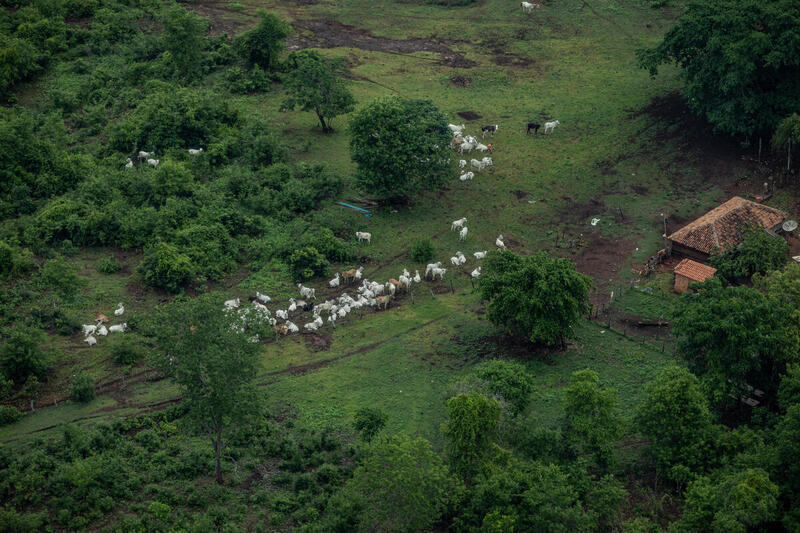
Eduardo Bastos, the Coordinator of the Sustainability Committee of the Brazilian Association of Agribusiness (ABAG), estimates that the restrictions announced by countries and economic blocs since COP26 will not bring direct losses to agribusiness in the short term because almost all national exports are already tracked for deforestation.
“We won’t have direct impacts now. In the case of soy and meat in the Amazon, we have agreements signed with productive sectors. Other major exports, such as coffee, fruit, and cellulose, are outside of problem areas. The challenge is how much this can scale to other environments, such as the Pampa, Cerrado, and Chaco. This can increase restrictions on exports,” he highlighted.
André Freitas, from Greenpeace Brazil, thinks the current controls do not guarantee that the soy and meat production chains are free from deforestation and other impacts. According to him, the soy moratorium in the Amazon, in force since 2006, needs to recognize that cattle have been taking over areas previously dedicated to the crop. In addition, high domestic meat consumption masks the impacts of livestock for importers.
“The south of Amazonas and Pará are taken over by cattle that were pushed by soy from other states. [DD1] The problems of domestic animal agriculture are not clear to importers because 80% of production stays in Brazil. The domestic market consumes meat from animals raised in illegally occupied and deforested areas in the Amazon. We are lacking a lot of traceability to ensure that the meat sector is free of these problems”, he highlighted.
Bastos, from ABAG, recalls that socio-environmental restrictions on exports must be weighed against the countries’ commercial ties. In the case of soybeans, Brazil, the United States, Argentina, China, and Paraguay are the largest producers on the planet. “Soy without deforestation in the Amazon is bought in the South, but it is more expensive to drain through regional ports than through the North, closer to consumer markets,” he said.
Lucas Ferrante, from INPA, recalls that the high profits from exports of commodities with a highly valued dollar in relation to the Brazilian Real favor deforestation in the Amazon and other biomes. “Big Agriculture is producing with costs in national currency and profiting from exports in high dollars. This inflates the products in the domestic market and removes meat and other items from Brazilian dinner tables,” completed the researcher.
Reporting by InfoAmazonia for the PlenaMata project.


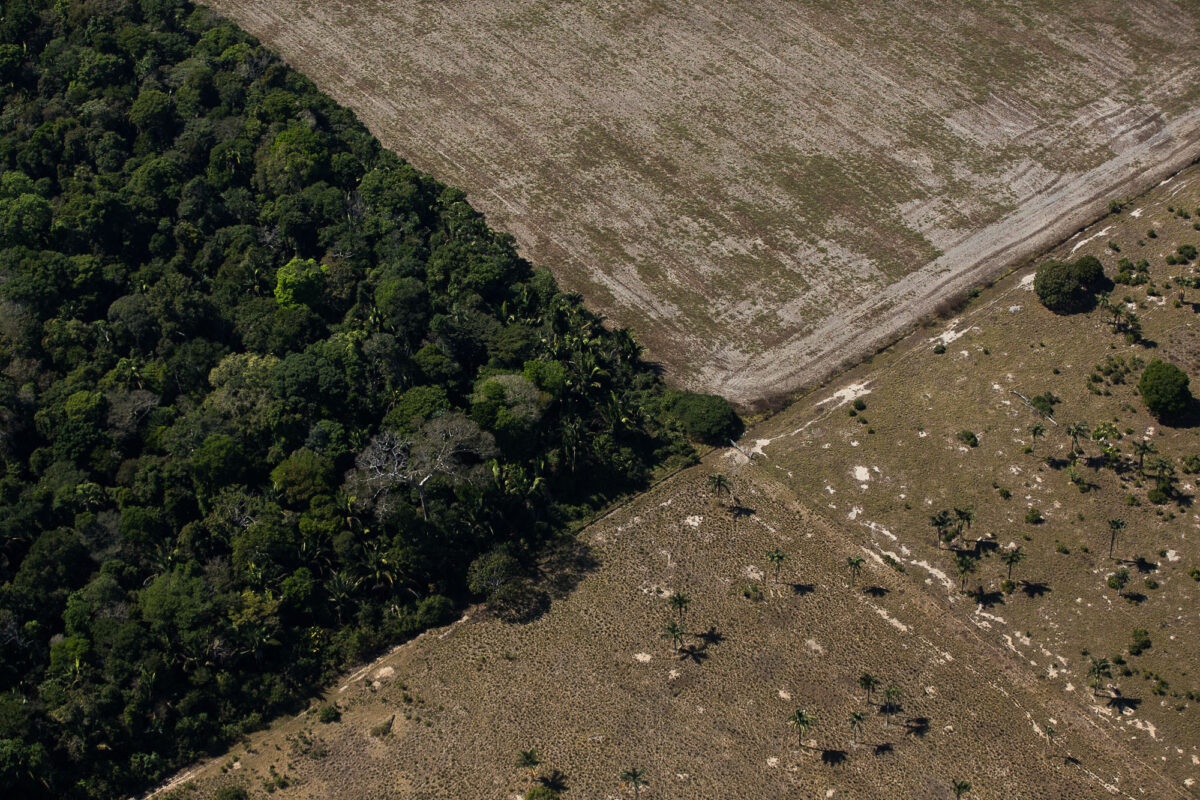
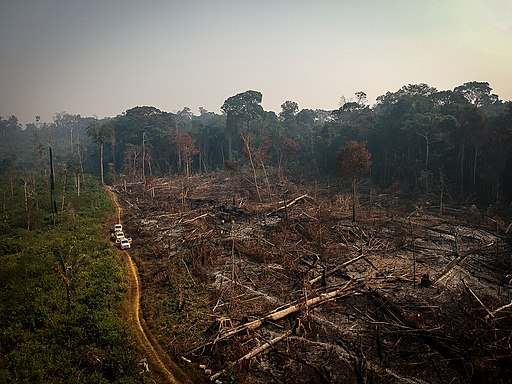
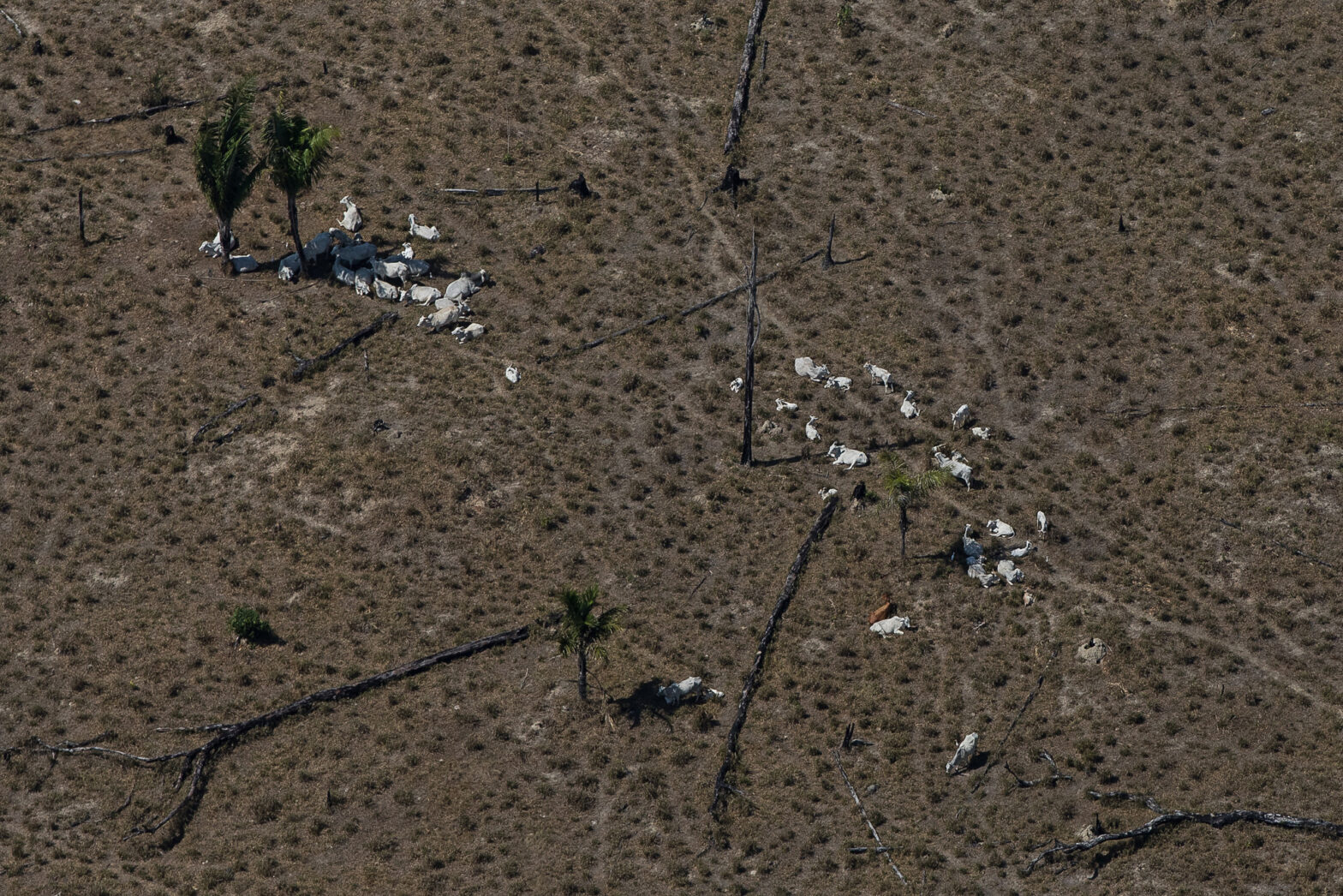
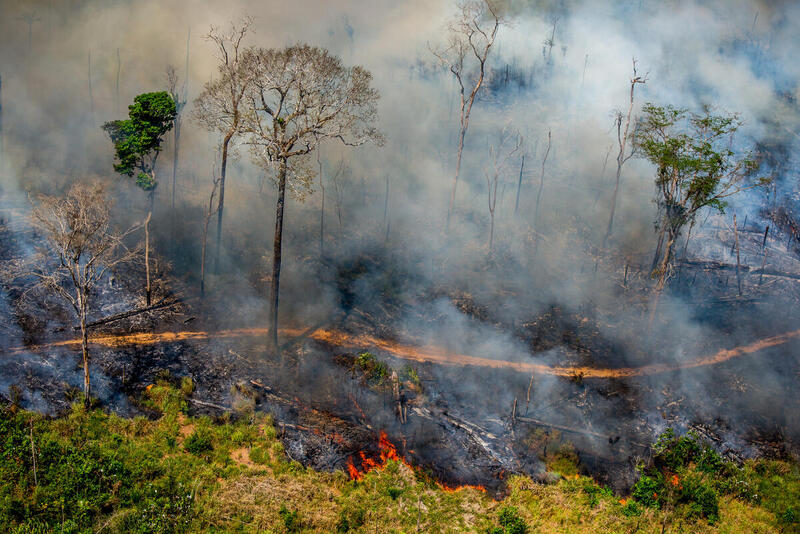
How can US consumers help? What producers should be boycotted? And why have there been no comments on this threat to human existence?